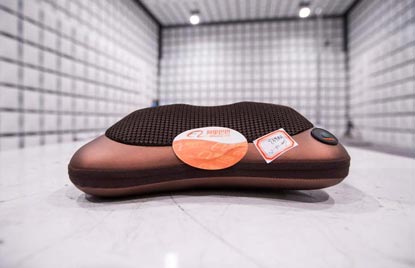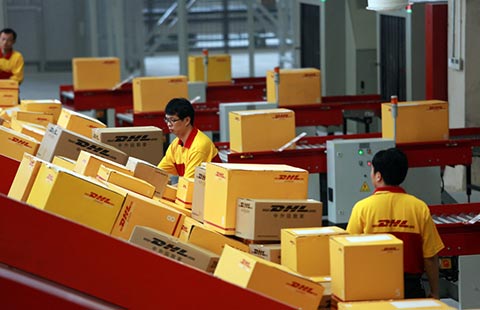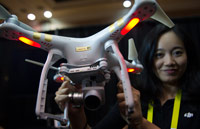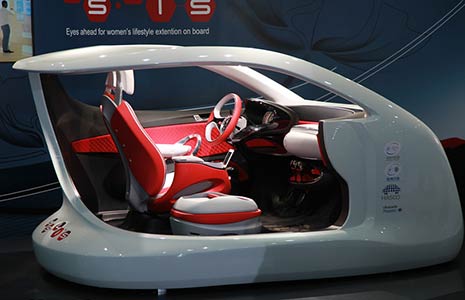Apple's loss signals rise of IP-minded China firms
(Agencies) Updated: 2016-06-23 07:29
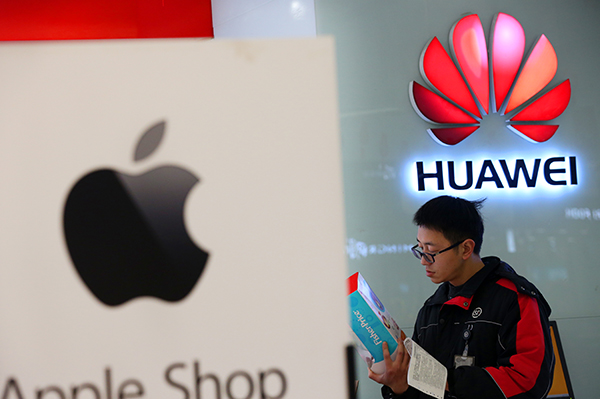 |
|
A man passes by the electronics products zone in a Suning store in Nantong, Jiangsu province. [Xu Congjun/For China Daily] |
In 2013, GPNE Corp, a Hawaii-based company, filed a lawsuit in a Shenzhen court against Apple for violating its data transmission-related patent rights. The court has yet to make a ruling.
Apple has made efforts to remain on good terms with the Chinese government, including a visit by Chief Executive Officer Tim Cook in May that coincided with a $1-billion investment in the country's biggest ride-hailing service, Didi Chuxing Technology Co. In 2013, Cook apologized after state media accused Apple of shoddy customer service and inadequate warranties.
Apple should have caught the potential patent violation before it reached the courts, said Benjamin Bai, the head of Allen & Overy's IP practice.
"They should've found the patent and dealt with it-this should never be a surprise," said Bai. But "there are a lot more things Apple can do to get out of this mess. You pay license fees and settle this mess. The second is to appeal and in the meantime try to invalidate the patent."
Time is on Apple's side. The case could take as long as four years, said Ted Chwu, an intellectual property specialist at Bird and Bird. This would render the iPhone 6 and iPhone 6 Plus models obsolete by the time a final decision emerges. But the larger danger may come from elsewhere: Apple could face stronger cases and bigger potential damages as its rivals grow savvier on the nuances of IP litigation.
"It's all part of the process whereby Chinese companies, patentees and litigants get more experienced in how to use the various forms of IP enforcements properly," Chwu said.
- Nationwide fitness plan to boost sports industry
- BYD joins lithium mining in west China's Salt Lake
- More wealthy Chinese demands global asset allocation: report
- US steel industry overprotected: China's commerce ministry
- Booming investment in US a sign of China's economic upgrade
- China's State Grid in talks to buy CPFL Energia
- Alibaba's sampling inspection procedures revealed
- China's trade with Belt and Road countries surpasses $1 trillion in 2015

